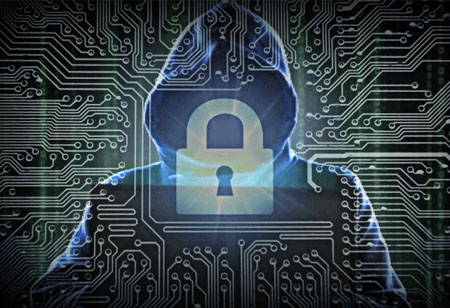THANK YOU FOR SUBSCRIBING
Evolution of Cyber Threats- How Can Enterprises Overcome These?
Organizations used to adopt ‘’point solutions’’ which work for a specific, private purpose rather than protecting the entire network as a whole. Well, these point solutions were practical, but as the technology is advancing, cyber actors are working.

By
Apac CIOOutlook | Saturday, December 15, 2018
Stay ahead of the industry with exclusive feature stories on the top companies, expert insights and the latest news delivered straight to your inbox. Subscribe today.
As the security is getting stronger, malicious actors are becoming increasingly inventive. Well, 2018 witnessed accelerated threat activities across a diverse range of targets and victims. The availability of various tools and techniques attackers are establishing tactics and technologies to achieve new goals. Although organizations have reacted by putting solutions in every node of the network, yet cybersecurity always remains a subject of concern. As the system has evolved, threats are coming from consumer devices which make the firewall completely vulnerable as it can be attacked from anywhere.
Organizations used to adopt ‘’point solutions’’ which work for a specific, private purpose rather than protecting the entire network as a whole. Well, these point solutions were practical, but as the technology is advancing, cyber actors are working harder to enter the corporate networks. Hence, companies must go for a security framework that has a holistic approach to things.
Three significant things that enterprise must focus are- a central command, control structure, distributed enforcement, and integrated, actionable intelligence. By adopting this methodology, security can be made available on every device in every location and any form. This can be done when all the end-point security solutions are combined to become part of one core thereby reducing the tactical reports.
An integrated security framework is cloud-based and relies on a diverse set of data. This process is built on automation where all anomalous activities can be detected early, on every employee device and can also auto-wiped if the device is lost or stolen. This kind of strategy with real-time intelligence will not only enhance the productivity and efficiency of employees but also enable an organization’s readiness to accept and fight back the new forms of attacks and threats where the patterns are continually changing. This also implies that they no longer have to worry regarding the multiple solutions at multiple endpoints and hence secure the future; organizations must democratize the security of its employees but not control it centrally.
Check this out: Top Endpoint Security Technology Companies





